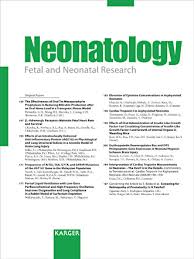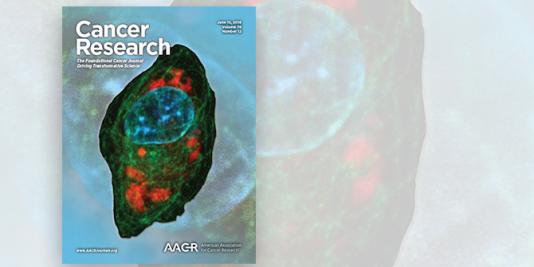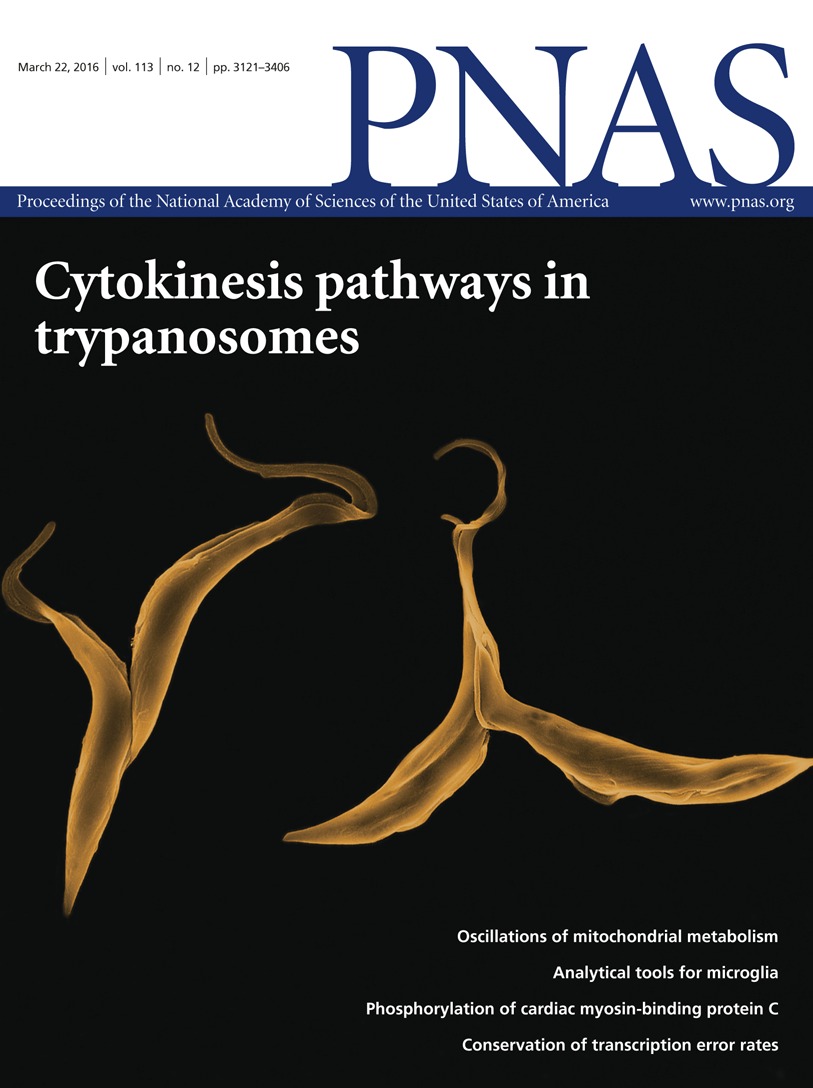
Former super-star surgeon Paolo Macchiarini is guilty of misconduct, along with six of his co-authors — including one who initially help alert authorities to problems with Macchiarini’s work, according to an announcement today by his former institution, the Karolinska Institute.
KI is also calling to retract six articles co-authored by Macchiarini and his colleagues, including two highly cited papers in The Lancet. The papers described the procedure and outcomes of transplanting synthetic tracheas into three patients between 2011 and 2013.
KI’s investigation uncovered “serious inaccuracies and misleading information in the reviewed articles:”
Continue reading Karolinska finds Macchiarini, six other researchers guilty of misconduct
 In March, a journal published a paper about blood sugar levels in newborns that caused an immediate outcry from outside experts, who were concerned it contained a sentence that could be potentially harmful if misinterpreted by doctors.
In March, a journal published a paper about blood sugar levels in newborns that caused an immediate outcry from outside experts, who were concerned it contained a sentence that could be potentially harmful if misinterpreted by doctors.  In September 2014, an investigation into the work of an award-winning cancer researcher in Illinois concluded that multiple papers had been affected by misconduct. Now, nearly four years later,
In September 2014, an investigation into the work of an award-winning cancer researcher in Illinois concluded that multiple papers had been affected by misconduct. Now, nearly four years later, 
 Earlier this year, the president of the Karolinska Institute,
Earlier this year, the president of the Karolinska Institute,  The New England Journal of Medicine has retracted a 2013 paper that provided some proof that the Mediterranean diet can directly prevent heart attacks, stroke, and other cardiovascular problems.
The New England Journal of Medicine has retracted a 2013 paper that provided some proof that the Mediterranean diet can directly prevent heart attacks, stroke, and other cardiovascular problems.
 If you’ve been pausing at some detailed
If you’ve been pausing at some detailed  Adeel Safdar was once a rising star in the field of kinesiology. After completing his doctorate degree at McMaster University in Canada, working with one of the titans of his field, Safdar took a postdoc at Harvard, then accepted a
Adeel Safdar was once a rising star in the field of kinesiology. After completing his doctorate degree at McMaster University in Canada, working with one of the titans of his field, Safdar took a postdoc at Harvard, then accepted a